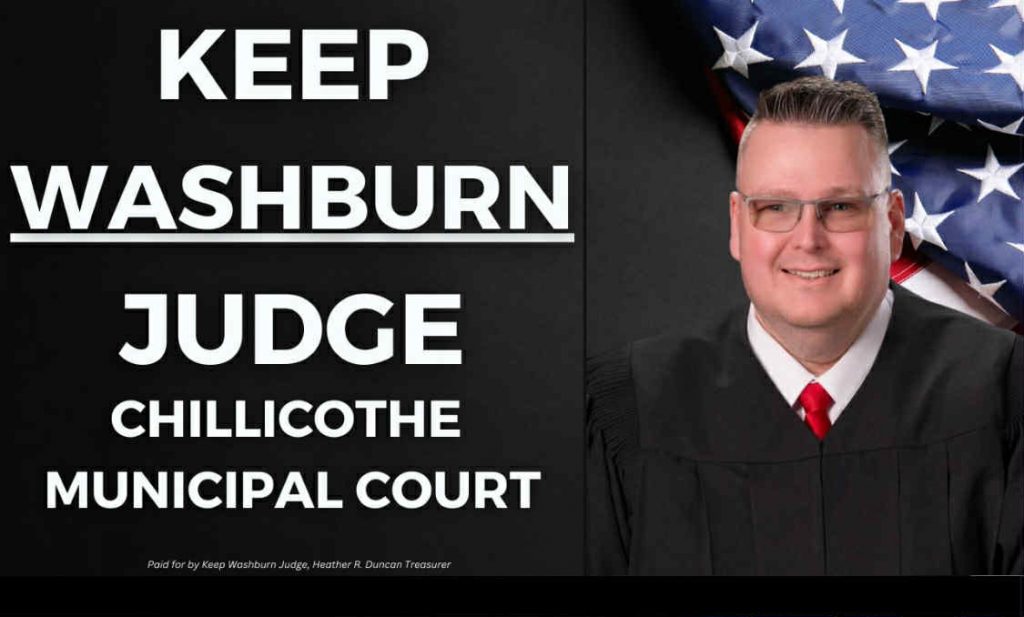
By:Nick Evans
The Ohio property tax reform group set up by Gov. Mike DeWine is racing toward a Sept. 30 deadline.
At its most recent hearing, members blew through a long list of ideas including targeted tax breaks modeled on the abatements popular for new builds around Ohio and removing obscure — but important — tax credits some contend are ripe for abuse.
Later this week, they’re hoping to coalesce around a proposal limiting property tax increases to inflation. They’re using public school property tax bill Ohio House Bill 186 as a starting point.
The members are also aiming to come up with recommendations related to the vetoed property tax provisions that prompted DeWine to set up the group in the first place.

Speaker’s view
Meanwhile, the state lawmakers responsible for actually doing something with the working group’s recommendations are returning to the state Capitol.
If Ohio House Speaker Matt Huffman is any indication, a summer’s absence hasn’t made them any fonder of the governor’s efforts.
“It’s my — (I) would say intention, let me soften that slightly to expectation — to put those issues up for veto override votes in the month of October,” Huffman said at a press conference last week.
Although Huffman has looked skeptically on the working group, he pointed to the same measure, House Bill 186, as legislation that will be getting a lot of attention as lawmakers go forward.
And like some working group members, he explained voters’ seemingly receptive response to outright repealing property taxes at the ballot box has sharpened focus and dulled opposition.
“Many of the members in my caucus have come to me and said there has been a considerable softening among local governments about what’s going on,” Huffman said. “Now, is that because there’s a poll that says 61% – 21% that this would pass? Maybe. Is it because apparently there is big national money behind this thing, or (so) we’re told? Maybe.”
“But I think everybody knows,” he added, “that by Jan. 1, 2027, if we abolish property taxes, it is a whole new world.”
Residential Stability Zones
Property tax abatements are a common tool — and bone of contention — in cities around Ohio.
Dangling several years of low property taxes is a powerful incentive to build new homes. But those homes come with people, and if those people have kids, the local school district sees greater enrollment without additional property tax revenue.
It’s an issue that can be managed if local politicians work with local schools.
But Dublin City Schools Superintendent John Marschhausen, who sits on the working group, explained it doesn’t always work out like that.
State law only requires the school district receive notice; they don’t actually get a say in whether an abatement gets approved.
Still, Franklin County Auditor Michael Stinziano and Edward Stockhausen from Cleveland Neighborhood Progress think abatements offer a familiar model that could be retooled to deliver targeted property tax relief.
The idea, known as Residential Stability Zones, is laid out in Ohio Senate Bill 42.
Eligible homeowners get a partial tax exemption equal to the increase in their home’s assessed value — essentially holding them harmless as their home value rises.
The key, Stockhausen said, is determining who’s eligible.
“Those parameters include geography, age, tenure of home ownership, disability status,” he offered as examples. “Those are all different levers that local governments could use with a residential stability zone to adjust the size, of people, where they live, who might be eligible for this program.”
Stinziano added, “what is hopefully helpful for this group and for the General Assembly, it would avoid the need for any state backfill without undermining critical levy funded services.”
By providing a credit that only covers the tax increase, the thinking goes, schools and other taxing authorities won’t lose money.
And by narrowing eligibility to a specific area and a specific population — for example, seniors, who’ve owned their home for several years, living on less than 80% of the median income — benefits are targeted to those who need them most.
Working group members came across interested, if not completely sold.
Noting the proliferation of abatements and related tax breaks, Co-chairman Bill Seitz argued there needs to be a cap on the number of zones, “because otherwise mischief can occur.”
With a nod to school districts’ frustration over abatements, Warren County Auditor Matt Nolan argued if the program goes forward, the zones should require school board approval.
“You know, it makes it harder, they’re going to have less of them, but I think they’re going to be better,” he said.
Tax credits
Nolan and fellow-auditor Chris Galloway from Lake County, argued strongly for eliminating a pair of credits they say shift the tax burden to regular homeowners.
Ohio gives a 10% credit for real estate that isn’t primarily used for business. That applies to farms as well as single to three-family rental properties. The owner-occupancy credit is only 2.5%.
Nolan and Galloway contend the non-business credit shouldn’t apply to rental properties, and the state should use the savings to increase the owner-occupancy credit.
Nolan admitted the impact in terms of savings for the average homeowner will be small.
“But more importantly, you stop these businesses coming in and buying up our residential property and turning them into businesses,” he said. “American Homes For Rent is less incentivized to come in, which will help stabilize values. So, there’s a small number, but there’s the bigger picture.”
Galloway said in Lake County they’re seeing corporate landlords paying cash well over asking to buy up traditional starter homes.
“I don’t know that any real estate investment firm would say that this (credit) is the whole reason they’re in Ohio, right? But it’s part of the equation,” Galloway said. “They’re getting a credit, and they don’t deserve it.”
Nolan said another problem is apartment complexes, which are not eligible for the credit, organizing as condos, which are.
The units are still rented and still owned by one owner, but the set up allows them to engineer a reduced property tax rate.
Nolan and Galloway also pushed to eliminate a provision allowing tax-free LLC transfers, even when real estate is part of the purchase.
Normally any real estate transfer, like buying a house, is subject to a conveyance fee. But if the seller puts the property into an LLC and then sells the LLC, that fee isn’t triggered.
Galloway described a warehouse that recently sold for more than $9 million in his county. His office previously had it valued at $4.4 million.
“That was $5 million in value that, had they gone the LLC way, like, transferred into an LLC and then bought the LLC, I would have never been aware of,” Galloway explained.
“The taxpayers of Mentor would have been treated extremely unfairly,” he added, “because Bob and Betty Buckeye don’t have a way to escape that conveyance fee.”










